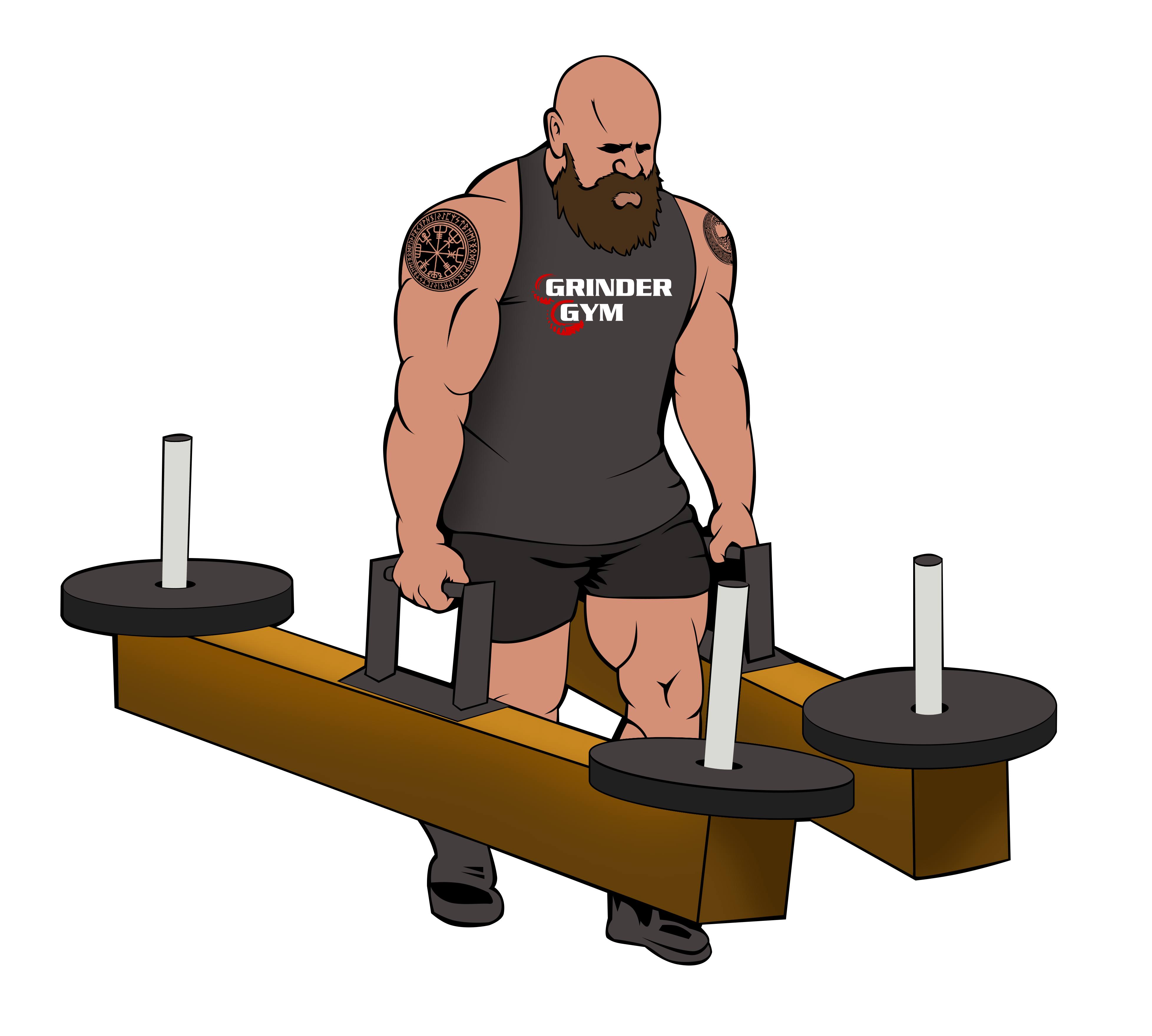Anyone who has ever experienced an injury knows that when you are forced to change your routine to one of inactivity to heal is frustrating. Nobody likes to put their goals on hold. For some people, what should be a momentary setback often ends up derailing their success. Witnessing all your hard work slip away from you is no fun, but luckily not all your hard work has to come undone. You can often prevent injury by taking the proper precautions and remembering that injury prevention should be at the forefront of everyone’s workout plan.
Here are some tips for injury prevention:
- Warm up before all exercise. As little as five minutes of warm-up and dynamic movement can go a long way in preventing an injury.
- Avoid excessive weight lifting that you can only perform a few times. Unless you are a strength athlete with years of training, you should not be performing low-rep exercises.
- Make small incremental increases in resistance. Don’t make big jumps in weights. Leave the ego at home and only increase a few pounds each set.
- Unless you are in an advanced athletic program, keep your workouts under an hour. The longer you train the more difficult it is to focus and make clear-headed choices.
- Always have one day a week of no exercise.
- Vary the intensity of your exercise program. It is important to cycle from weeks of high intensity to periods of lower intensity. The most important rule to your success is consistency before intensity.
- Train in an ego-free environment. The best athletes in the world realize they are training for a competition and that means not sacrificing their bodies for every workout. You should be training in an atmosphere of cooperation, not competition. There will always be days you must test yourself but that isn’t every workout every day, especially if you wish to be training injury free a long time.
- Avoid machines that don’t promote natural movement.
- Get proper instruction on exercise form and technique.
- When experiencing pain that is not typical muscle soreness and burning, stop immediately. It is better to be safe than sorry.
- Perform a proper cool down with light stretching.
There are times the risk of injury is greater. Avoid or modify your training when doing any of the following:
- training sick or more tired than usual
- training earlier or later than usual
- training in cold weather
- performing a new exercise or in a new environment
These are not ideal situations to test yourself and to achieve a new personal best. Be flexible enough that you allow yourself some training modification. Recognize the times you need a longer warm-up or when you should start lighter before moving on to more intense exercise. Remember to always better to train smarter before training harder.
